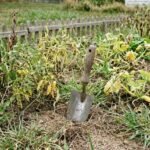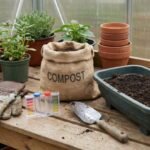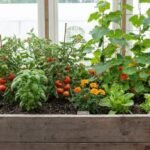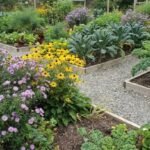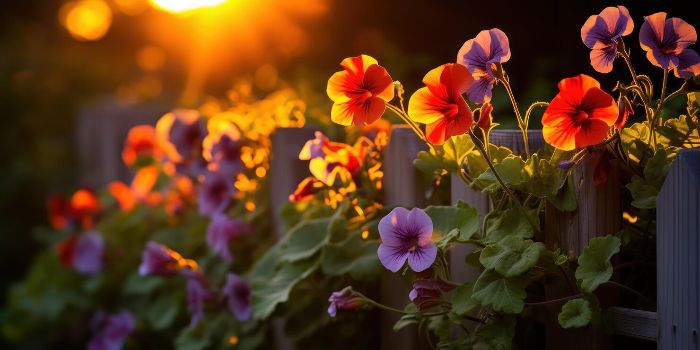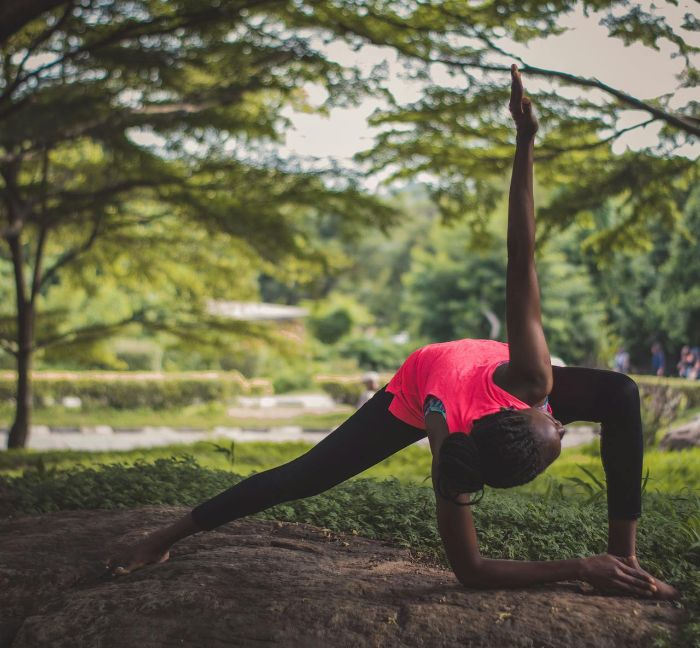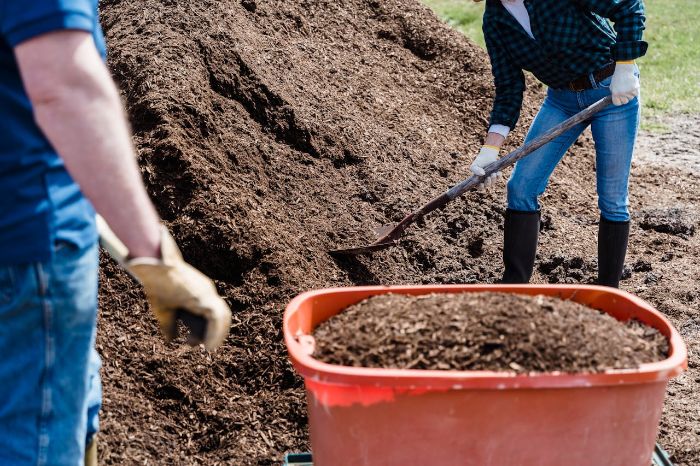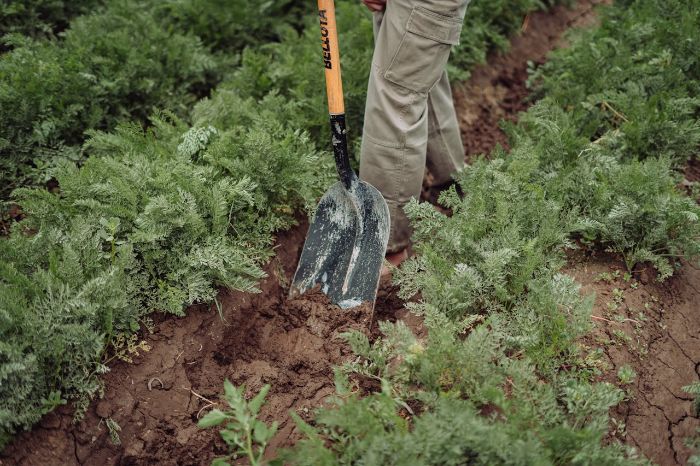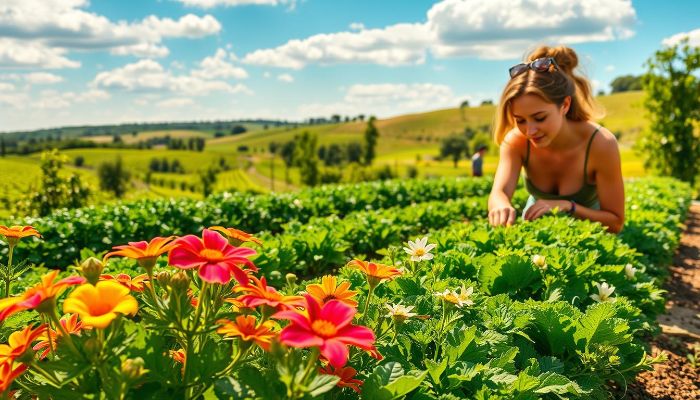Have you ever thought about how planting a seed can change your mind? Mindful gardening mixes gardening with mindfulness. It turns your backyard into a peaceful spot. It’s great for mental health and connects you with nature.
This article gives you the basics to start. You’ll learn to grow plants and find peace in your mind.
Key Takeaways
- Mindful gardening promotes mental well-being and stress reduction.
- Choosing the right plants enhances your tranquil gardening experience.
- Starting small makes the act of gardening more manageable.
- Incorporating mindfulness techniques deepens your connection with nature.
- Creating a consistent gardening routine enhances relaxation and focus.
- Overcoming gardening challenges can improve resilience and motivation.
Table of Contents
Understanding Mindful Gardening
Mindful gardening is a way to heal by focusing on gardening. It helps people connect deeply with nature. It’s great for beginners.
What Is Mindful Gardening?
Mindful gardening means being fully present while gardening. It uses all five senses. This way, people grow plants and improve their mental health.
Benefits of Mindful Gardening for Beginners
Mindful gardening has many mental health perks. Studies show it lowers stress and anxiety. Beginners get:
- Stress relief from outdoor activities
- More peace of mind by focusing on gardening
- A stronger bond with nature
- More physical activity to lift mood
Setting Up Your Mindful Garden Space
Creating a mindful garden needs careful planning. Think about where to put it and what plants to use. The goal is to make a peaceful place that helps you focus.
Choosing the Right Location for Mindfulness
Finding the right spot is key. Look for a quiet area, like an outdoor patio or a sunny room. Make sure it’s away from distractions for a calm space.
This spot helps you relax and connect with nature. It makes your gardening time more peaceful.
Selecting Plants That Enhance Calm and Focus
Choosing plants that calm you down is important. Think about using lavender, chamomile, and peace lilies. They make your garden look good and feel peaceful.
Adding sounds from nature, like wind chimes, makes it even more relaxing. This turns your garden into a calming oasis.
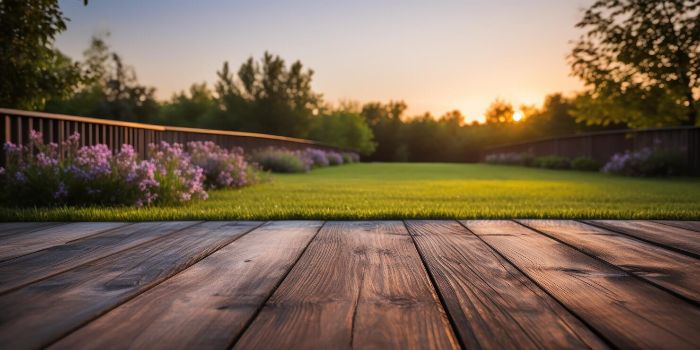
Essential Tools for Mindful Gardening
Starting with mindful gardening needs the right tools. As a beginner, getting the right gardening tools is key. They make tasks easier and help you connect more with gardening.
Simple Tools to Get You Started
Here are the basic tools for mindful gardening:
You can find these tools at local gardening stores or online. They’re easy to get for anyone starting to garden.
How to Use Gardening Tools Mindfully
Using gardening tools mindfully is important. Take your time and focus on each task. Notice the feel and use of your tools.
Do each action slowly, like planting seeds or pruning. This way, you’ll enjoy gardening more and feel calmer.
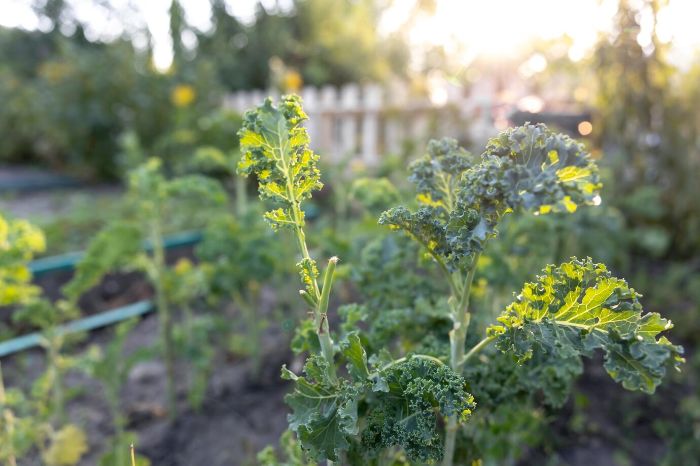
Starting with Small, Manageable Steps
Starting a garden is a big step, especially for beginners. Begin with small, easy plants to build confidence. These tasks make gardening fun and not too hard.
Begin with Easy-to-Grow Plants
Start with herbs or simple veggies for a great experience. Some good choices are:
These plants need little care and give quick results. They make gardening fun and rewarding.
Setting Realistic Goals and Expectations
It’s important to set realistic goals in gardening. Aim for the joy of planting and caring, not perfection. Celebrate small wins like a plant growing well.
These moments make gardening a fun journey. Let them motivate you to keep growing in your garden.
Incorporating Mindfulness into Gardening Tasks
Mindfulness in gardening makes it more than just a task. It connects you deeply with nature. By focusing on now, you feel closer to your garden. Sensory awareness makes planting and watering more meaningful.
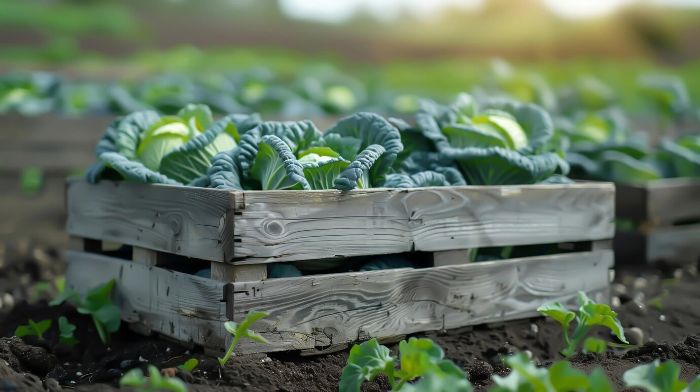
Techniques for Mindful Planting and Watering
Mindful planting is all about slow, careful steps. As you plant, enjoy the moment. When watering, feel the can’s weight and the water’s cool touch.
Using Sensory Awareness to Stay Present
Using your senses makes gardening better. See the plants’ colors, feel the soil’s texture, and listen to sounds. Count birds or feel the breeze on leaves. This brings you closer to nature.
Building a Routine for Mindful Gardening
Creating a regular gardening schedule can make your gardening experience better. A daily routine helps you practice more and connect with nature. It also gives you time for mindfulness and reflection, making your gardening journey richer.
Creating a Regular Schedule That Suits You
To make a good gardening schedule, think about your life and energy. Here are some tips for your daily routine:
- Find the best time to garden when you’re most full of energy.
- Choose specific days for tasks like watering or weeding.
- Make time for fun things like photography or watching nature.
Making Time for Reflection After Gardening Sessions
After gardening, take time to reflect. This makes your gardening better. Think about your feelings and experiences in the garden by asking yourself:
- What made you happy while gardening?
- Did you face any problems, and how did you feel about them?
- How do you feel closer to nature after gardening?
This practice helps you appreciate your gardening more. It strengthens your bond with your garden over time.
Overcoming Common Challenges for Beginners
Starting to garden comes with its own set of challenges. You might face plants that don’t grow well or pests. It’s okay to make mistakes. They are part of learning and growing in gardening.
Dealing with Frustration and Setbacks Mindfully
When you hit a snag, take a deep breath. Reflecting on what went wrong can help you bounce back. Remember, every gardener faces problems. But with patience, you’ll get through them.
Being calm helps you find solutions instead of getting stuck on the issue. This way, you can enjoy gardening more, even with its ups and downs.
Tips for Staying Motivated on Your Gardening Journey
Keep the fun in gardening by enjoying the journey, not just the end result. Connect with other gardeners or share your story with friends. It’s a great way to stay motivated.
Don’t forget to celebrate the little wins. Like a seedling growing or flowers blooming. These moments of success keep you excited and engaged in gardening.
FAQ
What is mindful gardening?
Mindful gardening means gardening with full awareness. It’s about being present and using all your senses. This makes gardening a special experience.
What are the mental health benefits of mindful gardening for beginners?
Mindful gardening helps reduce stress and brings peace. It also helps you connect with nature. This improves your mental health.
How do I choose the right location for my mindful garden?
Pick a quiet spot, like a patio or indoor window. It should be peaceful and free from distractions. This helps you focus on gardening.
What types of plants should I consider for a calming garden atmosphere?
Choose plants like lavender, chamomile, and peace lilies. They help you relax and focus. This makes gardening more calming.
Which easy-to-grow plants are recommended for beginners?
Start with easy plants like herbs or simple vegetables. They help you feel confident and not overwhelmed.
